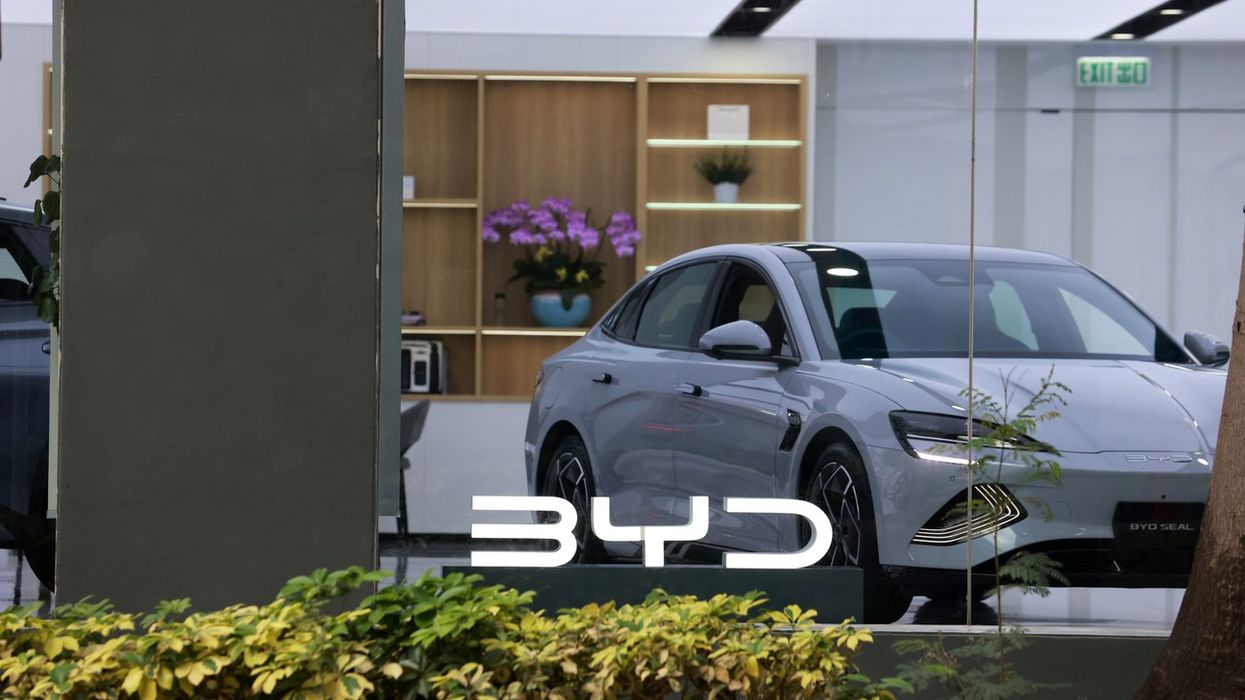Chinese electric vehicle (EV) manufacturer BYD has made significant strides in the UK automotive market, achieving remarkable growth and establishing a strong presence. Here are five key developments highlighting BYD's expansion in the UK:
1. Record-breaking sales in Q1 2025
In the first quarter of 2025, BYD sold 9,271 passenger cars in the UK, surpassing its total sales for the entire year of 2024, which stood at 8,787 units. This represents a 625% increase compared to Q1 2024. The company's market share also grew from 0.45% in 2024 to 1.6% in Q1 2025, with a peak of 1.8% in March alone.
2. Expansion of retail network
Since its UK launch in March 2023 with the ATTO 3 SUV, BYD has rapidly expanded its retail footprint. The number of retail sites grew from 14 in January 2024 to 60 by December 2024, with plans to reach up to 100 dealerships by the end of 2025. This expansion has been instrumental in increasing brand visibility and accessibility across the UK.
3. Focus on the fleet market
BYD has strategically targeted the fleet sector to drive growth. In 2024, fleet channels, including Motability, rental, and true fleet, accounted for 61% of BYD's UK registrations, with true fleet alone comprising 47%. The company has also partnered with leasing firms and service providers to enhance after-sales support and build trust within the fleet industry.
4. Introduction of new models
BYD continues to diversify its product lineup in the UK. The SEAL U DM-i, a plug-in hybrid electric vehicle (PHEV), became the best-selling model in its segment in March 2025, while the all-electric SEAL ranked as the seventh most popular pure EV. Additionally, the company introduced the SEALION 7, an all-electric SUV offering up to 312 miles of range, further strengthening its market position
5. Enhanced brand recognition
BYD's aggressive marketing efforts have significantly boosted brand awareness in the UK. Brand recognition increased from 1% in 2023 to 31% in 2024, aided by strategic sponsorships and partnerships, including high-profile events like Euro 2024. These initiatives have played a crucial role in establishing BYD as a prominent player in the UK's EV market.
BYD's rapid growth in the UK is attributed to its record-breaking sales, expansion of the retail network, focus on the fleet market, introduction of new models, and enhanced brand recognition. These strategic moves have positioned BYD as a formidable competitor in the UK's electric vehicle landscape.





